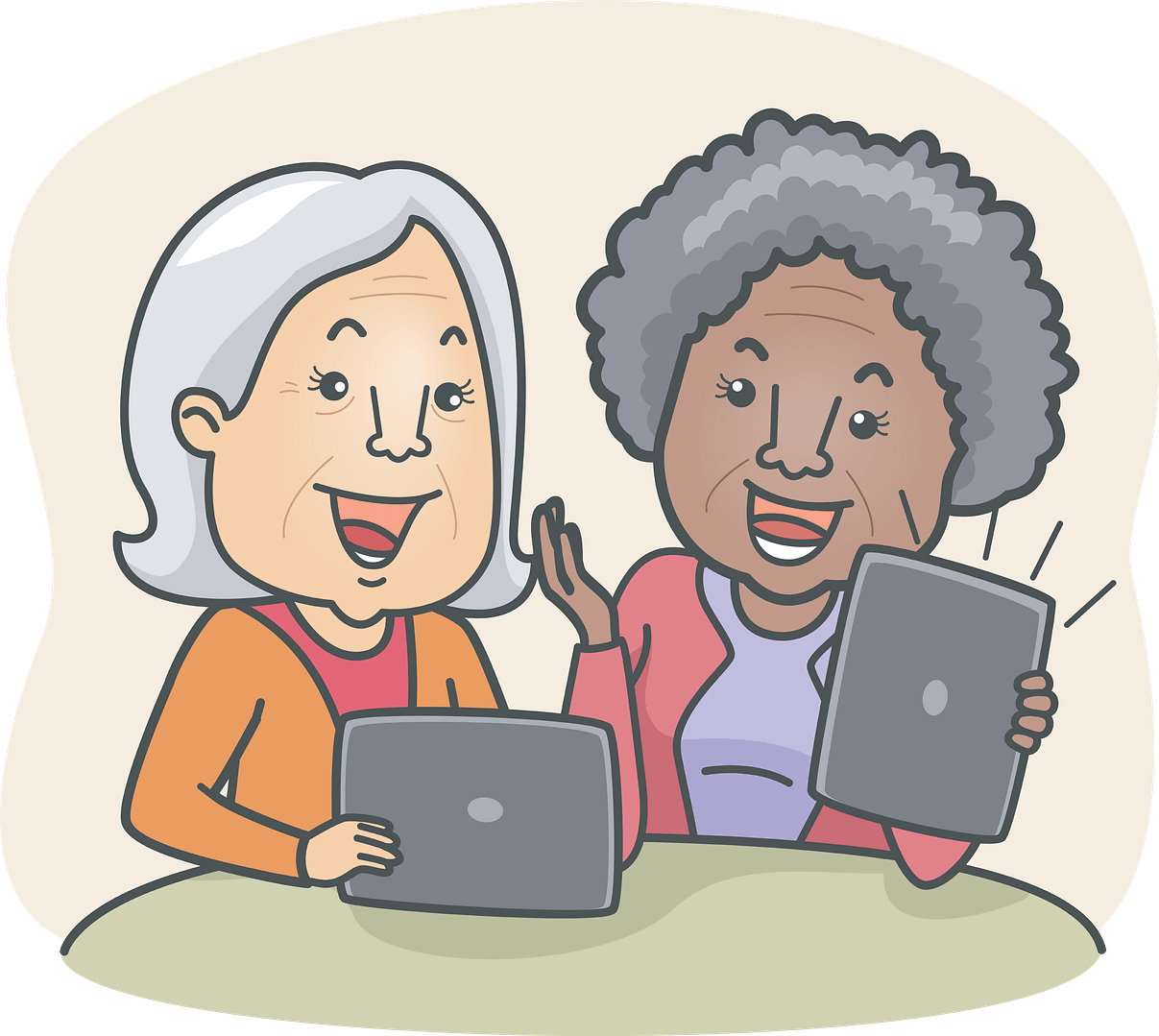Learn
Exploring ideas that matter is a cyclical process with three distinct phases: Learning, Pondering, and Engaging. You can enter the exploration process at any phase, moving ‘backward’ or ‘forward’ in the cycle.
In the Explore Big Ideas process of exploration, learning involves gaining both a basic knowledge and practical understanding of the idea. To gain knowledge, focus on answering questions that begin with the five journalistic Ws: Who, what, when, where, and why.
- Who has written or spoken about this idea?
- Who (professions, groups of people) are affected/impacted by this idea?
- Who are considered “experts” in this idea?
- Who uses this idea when they are working?
- Whose life is a good example of this idea?
- Who dedicated themselves to living out this idea?
- What are different definitions/understandings of this idea?
- What are some famous quotes about this idea?
- What do most people who discuss this idea seem to agree on? What do they all agree on? What do they disagree about?
- When (in the history of the world) has this idea been important? unimportant?
- When (in the history of your nation) has this idea been important? unimportant?
- When (in a person’s lifespan) is this idea important? unimportant?
- When (in a given year) is this important to people? unimportant?
- Where (world regions/countries/ buildings) did this idea originate?
- Where (world regions/countries/ buildings) is this idea associated with? lived out?
- Why do people consider this idea important?
- Why do you consider this idea important?
- Why is it is so difficult to make this idea a reality?
Learning to gain a practical understanding of the ideas requires seeing how that idea is (or isn’t) present in the world around you. For example, to understand the idea of “justice” practically, start looking in your daily life for times when it is and isn't referred to. Be on the lookout for times when people, television shows, or music you listen to use words such as “just,” “fair”, “equal,” and their opposites.
- What recurring patterns do you see?
- What uses were unexpected?
- What did they share?
- What differences were there?
- What strikes you as being especially insightful or powerful?
After learning about an idea, consider pondering its many possibilities or engaging it by acting upon it.



